Cape Town is getting ready for “Day Zero.” That’s the day this affluent coastal metropolis — South Africa’s second-largest city — will shut off water for four million people. In February, the government announced that Day Zero will arrive on May 11. That date could move, depending on a number of factors, including rainfall and usage levels by citizens and businesses. But the message is clear; there is no longer enough drinking water to meet the needs of the population. The city’s reservoirs have fallen to record low levels. Once they hit 10 percent, the pumps begin to draw up silt and debris, so at 13 percent, the city will turn them off.
Some worry that a “Mad Max” scenario in which people battle over scarce resources will occur, but Cape Town officials say they are planning for order, not chaos. But the world should be on alert: Cape Town is only the first of a long list of cities around the world that will face the same challenge.
"The question that dominates my waking hours now is: When Day Zero arrives, how do we make water accessible and prevent anarchy?" said Helen Zille, former Cape Town mayor and the current premier of South Africa's Western Cape province.
Cape Town plans to provide rationed water supplies through 200 emergency water stations, each serving almost 20,000 residents. Emergency water will also be available at military installations.
For months, the government has asked people to conserve water, but a majority ignored the warnings, hastening the arrival of Day Zero. In January, citizens were asked to reduce their water usage to 50 liters per day — the average American uses more than six times that amount. When Day Zero arrives, people will be allocated 25 liters a day — that’s just 6.6 gallons for drinking, bathing and washing.
"The fundamental problem is the kind of lifestyle we're living. There's almost a sense of entitlement that we have a right to consume as much as we want. The attitude and reaction of most posts on social media is indignation. It's 'we pay our taxes' and therefore we should be as comfortable as possible,” said David Olivier, a research fellow at the Global Change Institute at South Africa's University of the Witwatersrand.
It is now illegal in Cape Town to use taps to fill pools, water gardens or wash cars. Public restrooms have signs suggesting that people “let it mellow” if it’s not a solid. People are being urged to take shorter showers; dirty hair is now a symbol of upstanding behavior. But people are getting nervous, and behavior is deteriorating. Authorities stepped up water-theft patrols at natural springs after fights broke out over water hoarding. Armed guards will be stationed at distribution points.
The wealthy, as usual, will be more insulated. On sites like Gumtree and Junkmail (Craigslist equivalents), companies are offering to drive tanks of water in from other parts of the country for those with the means to escape the rationing. However, there’s no guarantee that this water comes from safe sources.
Cape Town’s temperate climate and scenic location next to the ocean and mountains has led to exponential population growth and prosperity — along with water-sucking amenities like waterparks, vineyards, lush gardens and increased agriculture. And then came the drought. Three straight years of drought drained reservoirs that weren’t designed to serve so many people. Climate change models suggest more dry spells will be the norm in the years to come.
Desalination plants are being built to turn ocean water into drinking water — an expensive last-minute plan. They won’t be ready in time for Day Zero.
Water Fights, Water Rights
Cape Town is only the first. Population growth around the world, as well as modern lifestyles, water-intensive agriculture, pollution, and changing climates, have put a number of cities on the list for future water shortages. In Mexico City, citizens have running water a limited number of hours per week. Melbourne, Australia, expects to run out of water at some point in the next decade. In Delhi, rampant pollution has made drinking water scarce and the discovery of high levels of ammonia in three of the city’s treatment plants has made things even worse.
It’s not just a problem for big cities, though. Agriculture and business are draining local water reserves in smaller communities around the world. In the US, even small towns are learning not to take their water for granted.
In Michigan, Osceola Township, population 1,800, is battling Nestle, claiming that the Swiss beverage company is destroying its Twin Creek River by draining it to fill its Ice Mountain brand water bottles. Nestle began pumping water in 2000, and residents say local water levels have dropped precipitously. The river no longer supports trout, as its lower water levels have caused the water temperature to rise. Nestle currently pumps 250 gallons of water per minute from the town, and wants to increase that to 400 gallons of water a minute, or 130 million gallons a year. A county court ruled in Nestle's favor, but town officials voted in January to appeal. Nestle pays just $200 a year to the state of Michigan to pump more than 130 million gallons of water.
"Nestle has a reputation worldwide of going to poor rural communities, offering all kinds of economic benefits to the community that never really materialize, and taking as much water as they can get and when the stream runs dry they leave," said Peggy Case, president of the Michigan Citizens for Water Conservation.
In drought-stricken California, Nestle faced heat last year for profiting off public spring water. The conglomerate has 40 water sources in the US, which it drains to fill battles labeled Ice Mountain, Poland Springs, Ozarka and Arrowhead Water.
Wisconsin, which offered electronics manufacturer Foxconn $3 billion dollars and waived environmental regulations to locate a plant there, is now discovering another cost: The company wants to divert 7 million gallons of water a day from Lake Michigan. Only 39 percent of the water the company uses will be returned to the lake — with contaminants.
“Just because we don't know exactly what they're going to be putting in the water, it's difficult to predict exactly what's going to come out on the other side,” said Professor David Strifling, Director of Water Law and Policy at Marquette University Law School.
As clean water becomes an increasingly scarce commodity, US states are battling each other for rights to use water from shared bodies of water. The Supreme Court will hear a case this year in which New Mexico and Texas are fighting over groundwater. Texas claims that New Mexico’s agriculture industry is draining water that would have gone into the Rio Grande River and flowed to Texas. If it loses, New Mexico could owe billions of dollars in damages—on top of the $15 million already spent on legal fees—to make up for the water it wrongfully pumped, as well as find additional sources of water for Texas.
Groundwater pumping by cities and corporations impacts communities far beyond the pump site. In some places, water that has been trapped in the earth for millions of years is being removed so aggressively that the land above these underground aquifers is collapsing. Beijing is sinking four inches a year as the aquifer that supplies its 20 million people with water is rapidly drained and collapses. The same thing is occurring around the world. In California, rapid groundwater depletion due to intensive agriculture and population uses has caused sections of the Central Valley to sink as much as 28 feet. The United Nations predicts a global shortfall in water by 2030.
As the effects of climate change become more severe, water will become even more scarce, and underground reserves — the last resort in times of drought — will run dry. “If you are in a dry area, you are going to get a lot less rainfall. Run-off is declining,” he says. “People are turning to groundwater in a very, very big way,” said Richard Damania, a lead economist at the World Bank, who predicts this will seriously reduce GDP in affected areas. It’s not just an economic problem, it’s a global security problem. What happened when millions of people run out of water?
"Without sustainable groundwater reserves, global security is at far greater risk,” said Jay Famiglietti, lead scientist on a 2015 study using NASA satellites to record changes in the world’s 37 largest aquifers. “As the dry parts are getting drier, we will rely on groundwater even more heavily. The implications are just staggering and really need to be discussed at the international level.”
First, we’ll see how things play out in Cape Town.



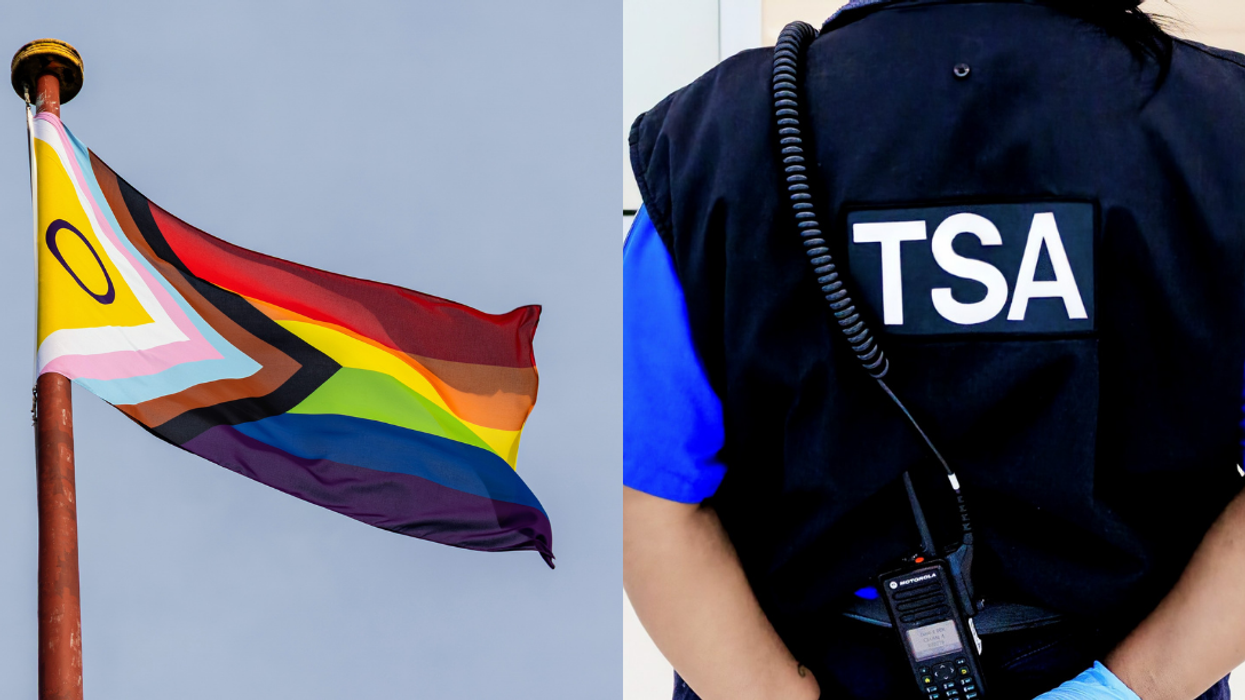


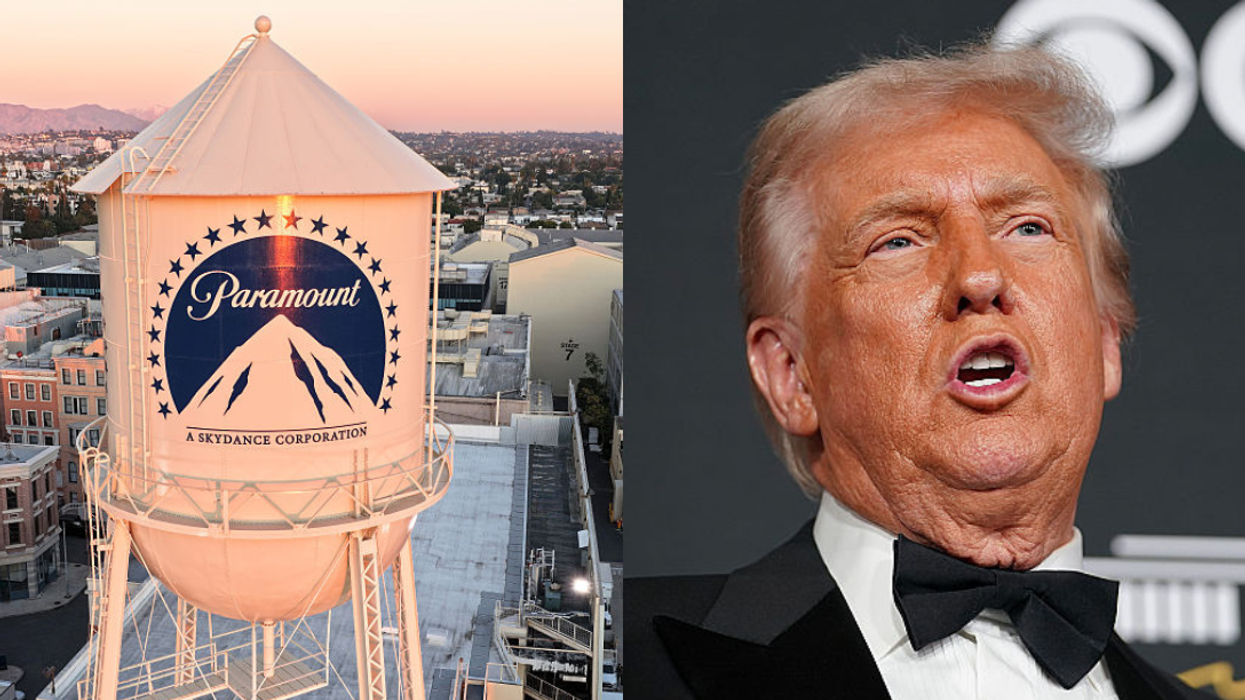
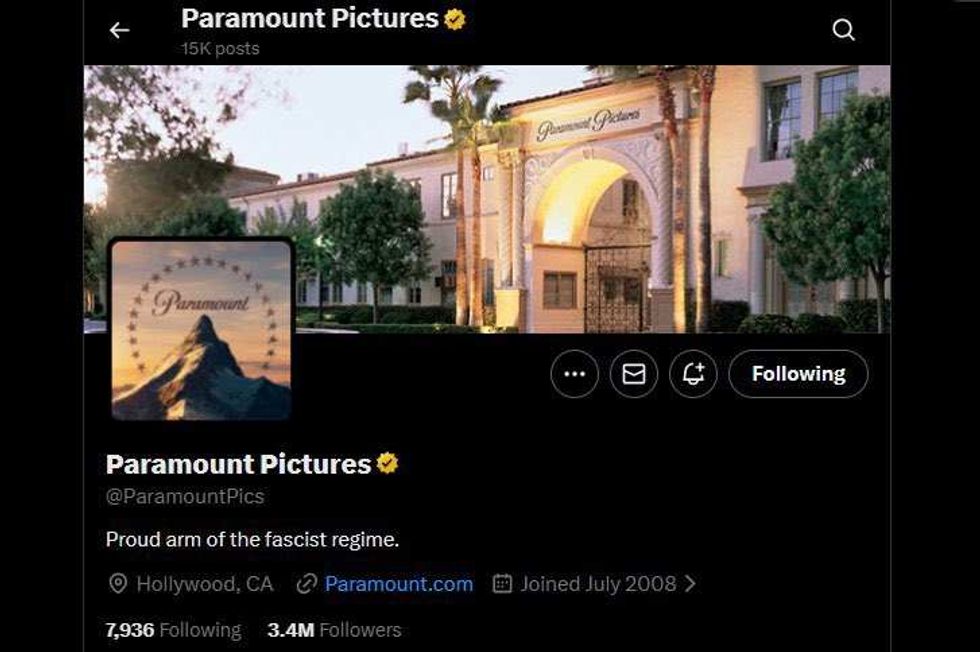 @DiscussingFilm/X
@DiscussingFilm/X

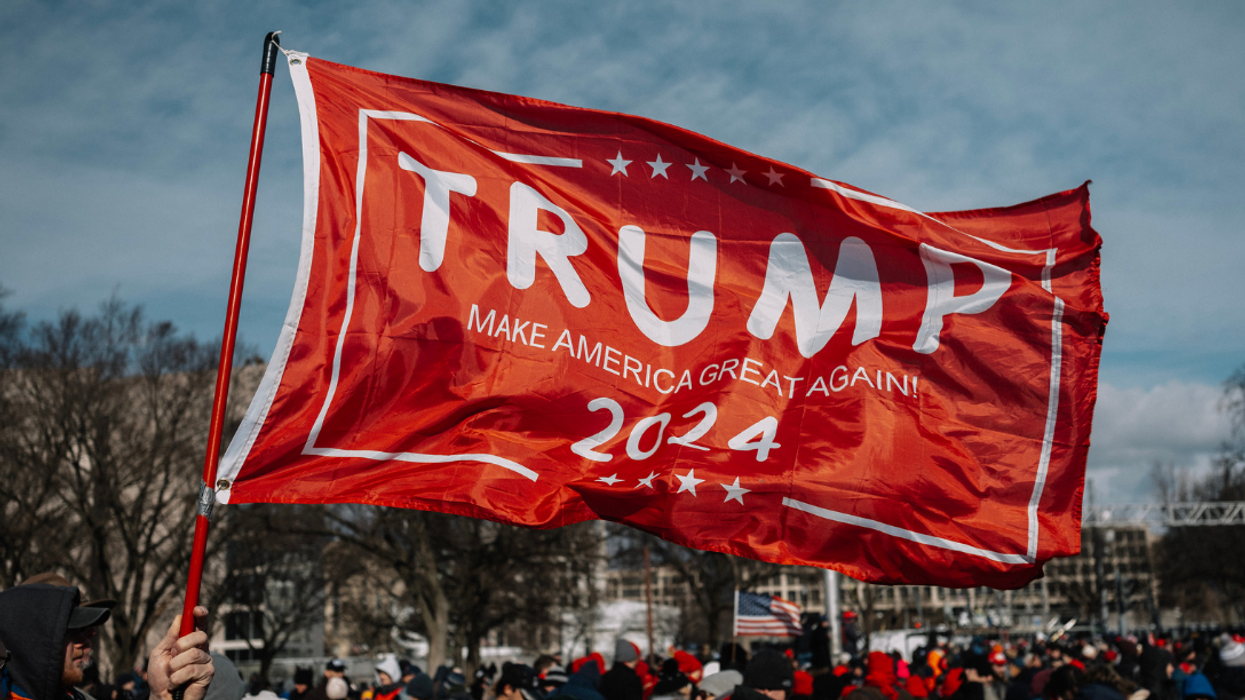




 @jennaandfriends/Instagram; @brookeshields/Instagram
@jennaandfriends/Instagram; @brookeshields/Instagram @jennaandfriends/Instagram; @brookeshields/Instagram
@jennaandfriends/Instagram; @brookeshields/Instagram @jennaandfriends/Instagram; @brookeshields/Instagram
@jennaandfriends/Instagram; @brookeshields/Instagram @jennaandfriends/Instagram; @brookeshields/Instagram
@jennaandfriends/Instagram; @brookeshields/Instagram @jennaandfriends/Instagram; @brookeshields/Instagram
@jennaandfriends/Instagram; @brookeshields/Instagram @jennaandfriends/Instagram; @brookeshields/Instagram
@jennaandfriends/Instagram; @brookeshields/Instagram @jennaandfriends/Instagram; @brookeshields/Instagram
@jennaandfriends/Instagram; @brookeshields/Instagram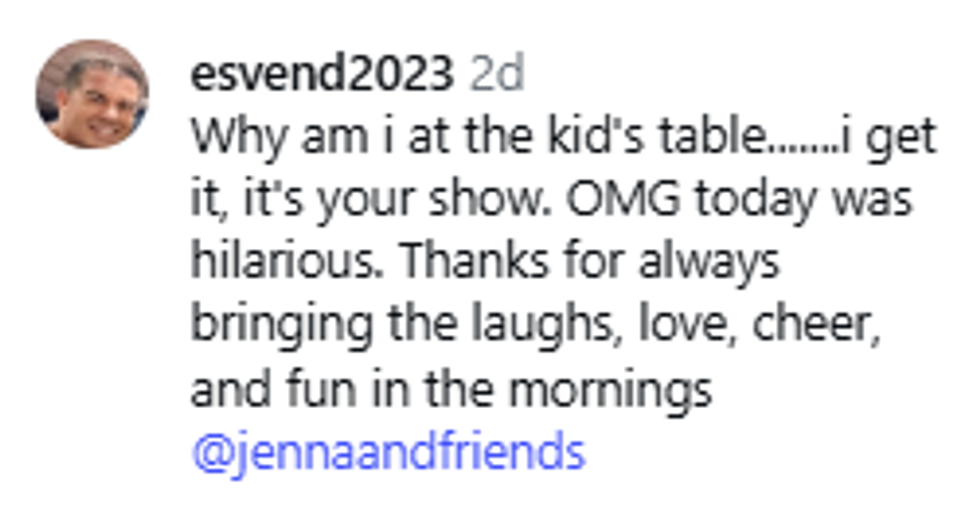 @jennaandfriends/Instagram; @brookeshields/Instagram
@jennaandfriends/Instagram; @brookeshields/Instagram @jennaandfriends/Instagram; @brookeshields/Instagram
@jennaandfriends/Instagram; @brookeshields/Instagram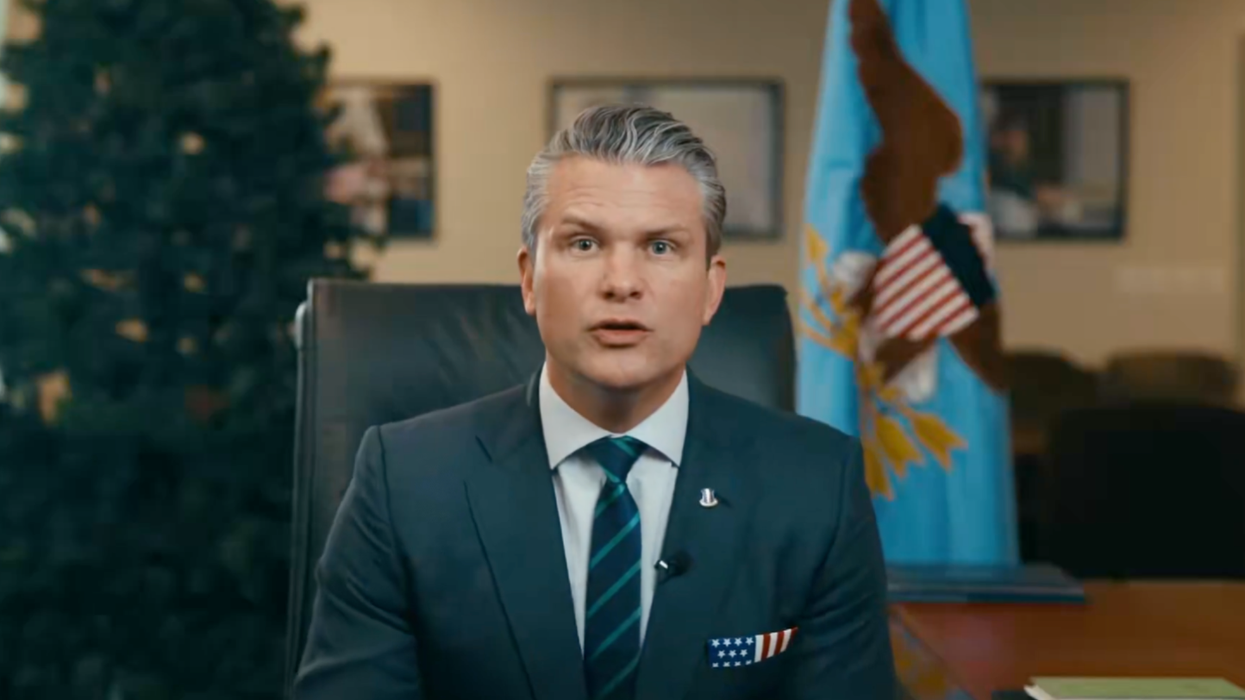
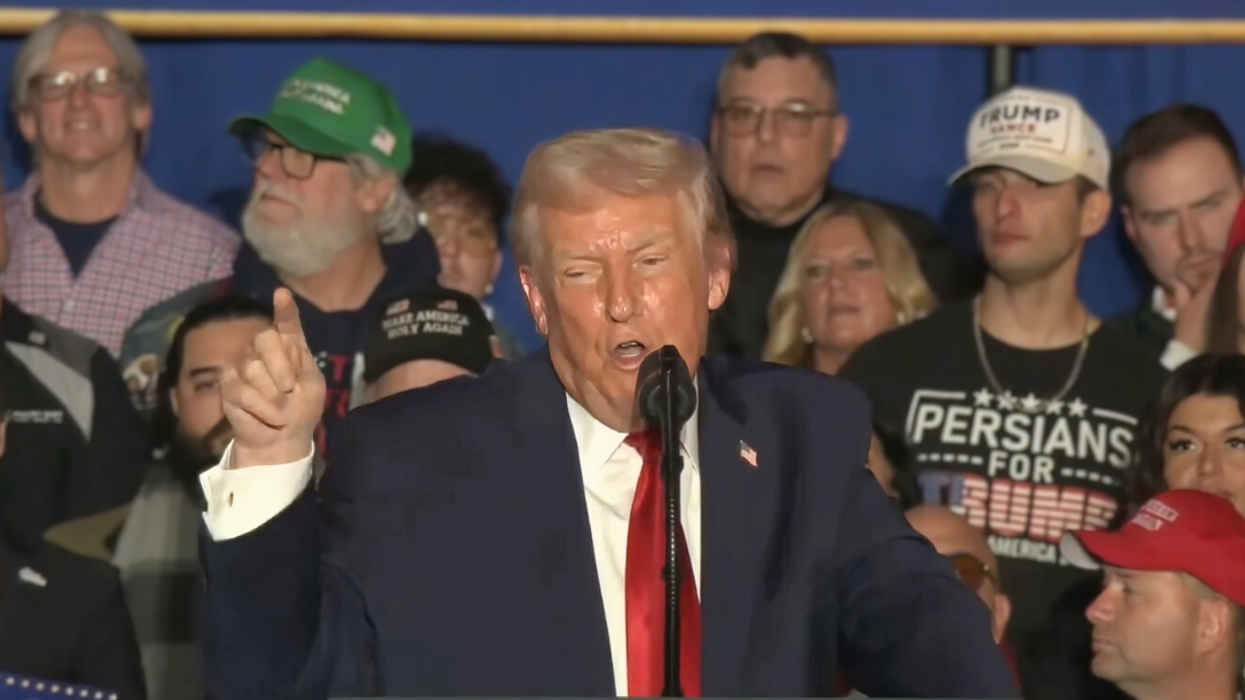
 @ThatsGoing/X
@ThatsGoing/X @onelibcitizen/X
@onelibcitizen/X